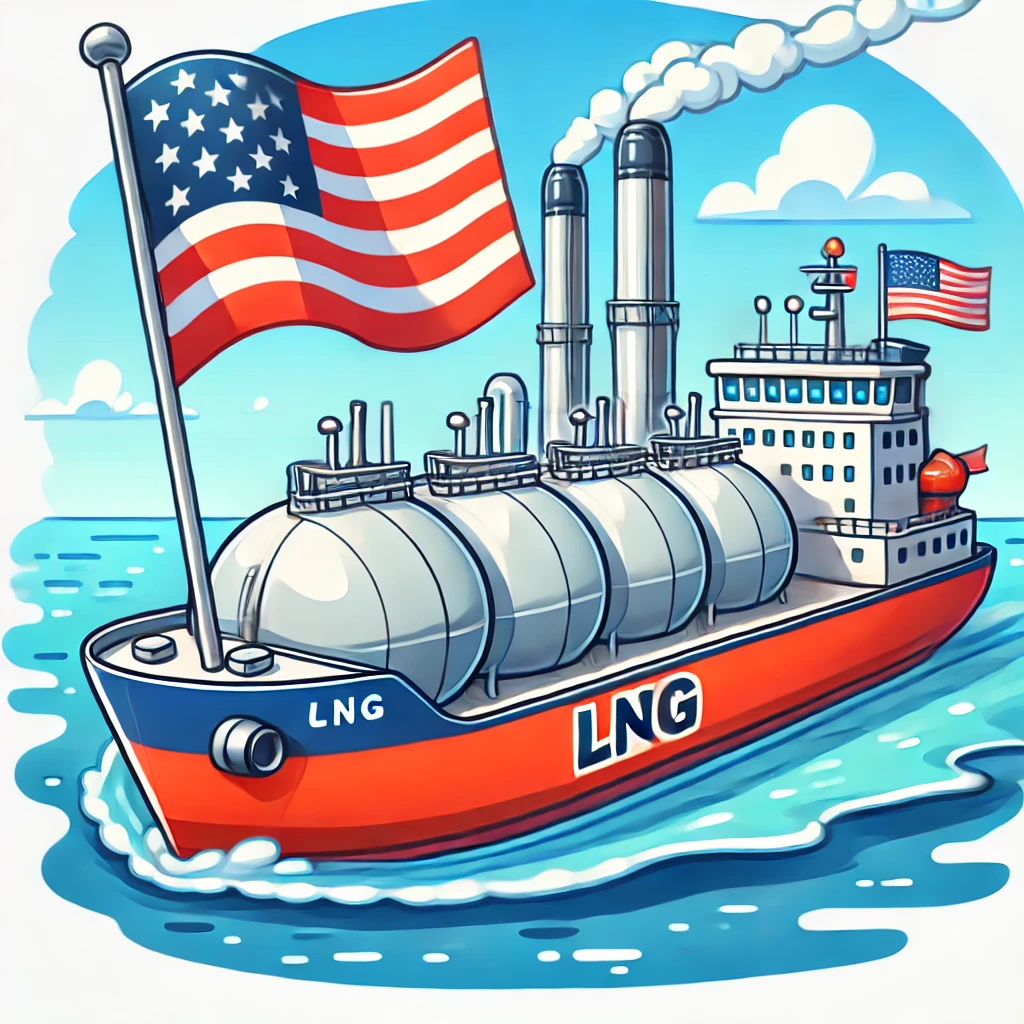Onyx Markets launched in January – how is it going so far?
We had an initial flurry of clients when we signed up and the last week has helped that too, but it’s still early days.
When we started out, the idea was to be a more broad based broker, with a specialisation in more niche oil products. Now that we’ve got over the line and launched, it’s made us sit back a bit and realise we do actually have time to think more about how we market and structure the business.
I would say we are actually quite unusual because of our background in oil trading. So we have unique products there and great expertise. And the result is that we have some more professional clients, who want to trade smaller contracts on an OTC basis. You have another subset who are looking to hedge their exposure to fuel products. And then you have the more ‘classic’ retail business.
When I first saw Onyx enter the market, I thought it was kind of random to be honest. You have this large market making arm that’s very much in the institutional world. Can you explain what the thinking was behind the decision to launch a retail arm?
You are half right but if you look at a lot of players, across asset classes, in the market making space, they have all been eager to get more market share from retail. It’s just that they mostly do that via liquidity relationships, not going direct to the end client.
For Onyx, the driver was more that the company has become a victim of its own success. If you look at its market share in some products, it can be around 40%. When you reach that sort of level, you start looking for more avenues to grow. Entering the retail market was one way to do that.
The other push factor was just looking at the opportunity. Oil products are niche but there is demand for them. Since launching, the corporate uptake of the business has been good and that’s because people like the CFD wrapper and structure of the products we’re offering. We’re also going to launch an oil ETC and the demand is there for a similar reason – people want exposure to oil but not necessarily via the contracts that exist at the moment.
I would also say it fits with the ethos of the founders too. Onyx is not an old company. In less than a decade, they have grown into a huge business. So I think part of it was also just the challenge of taking on a new market, like they did with oil swaps when they started the company, and pushing for growth.









